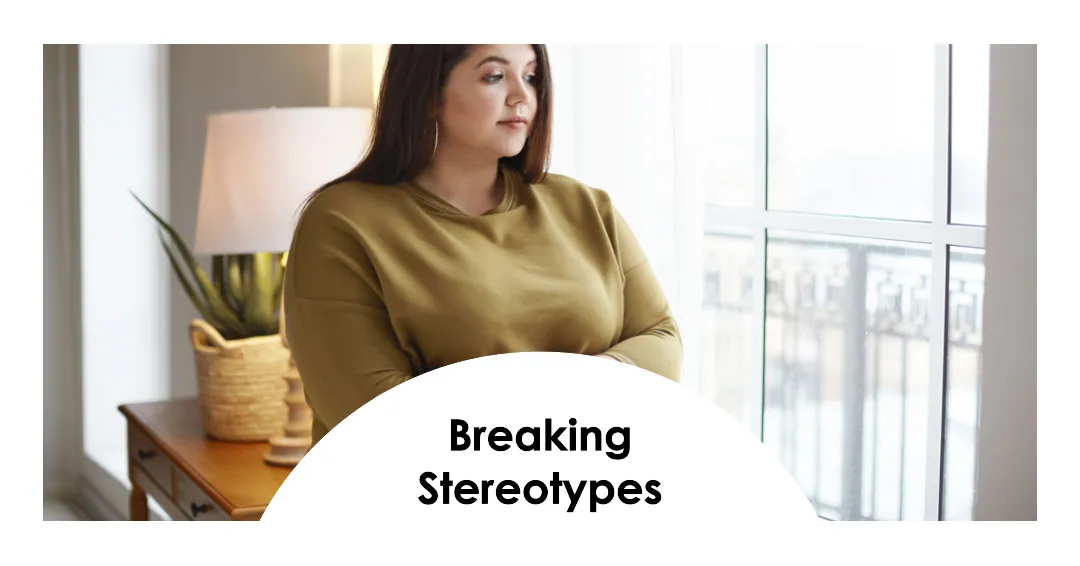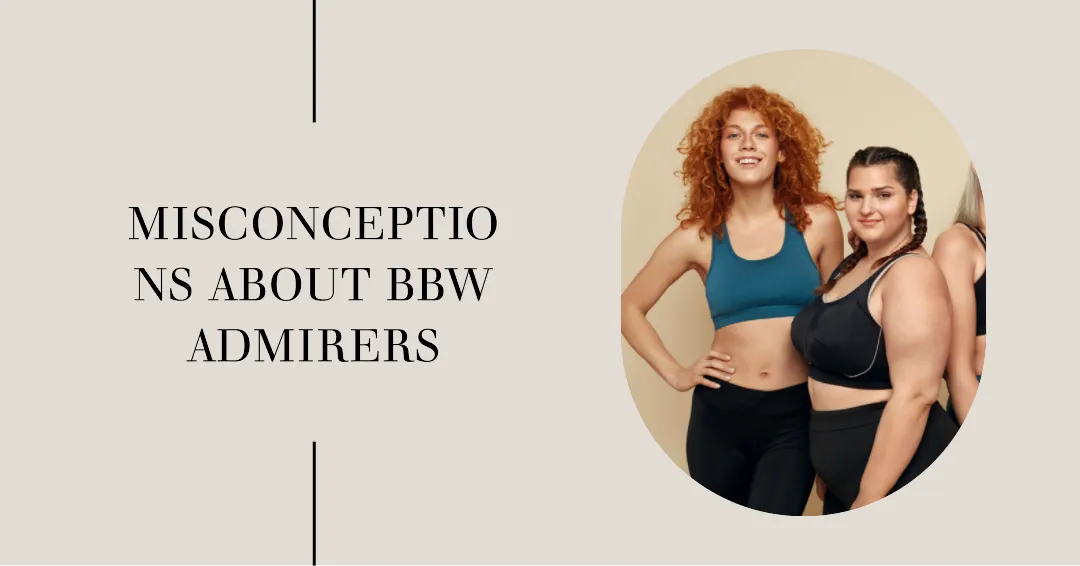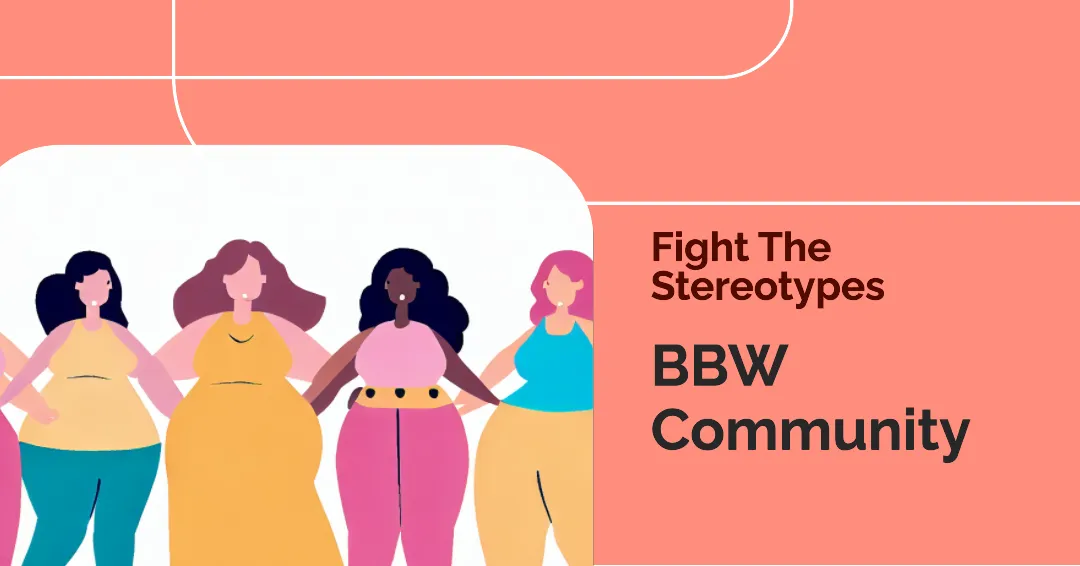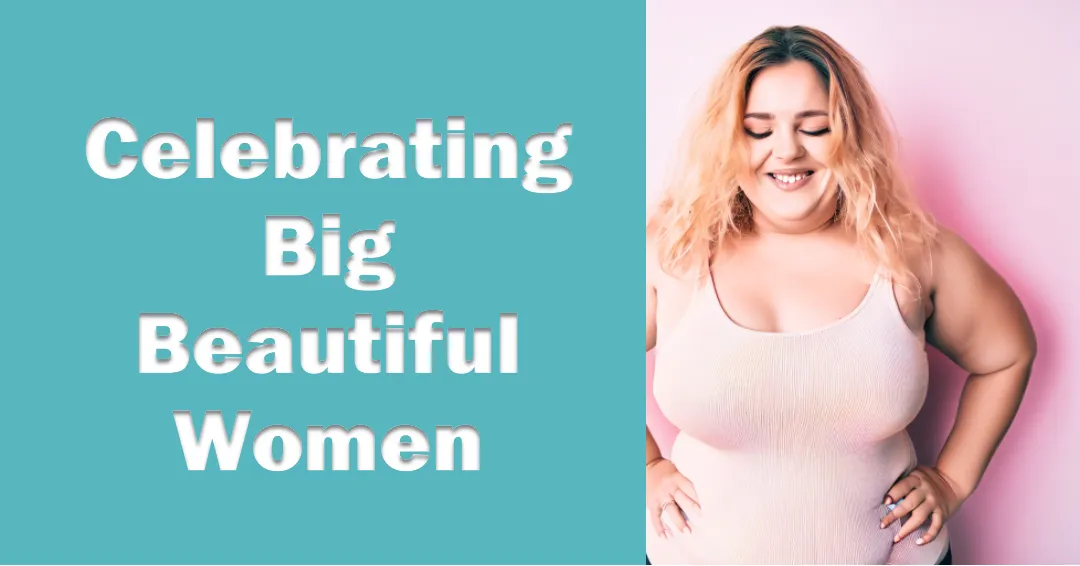Challenging Stereotypes About BBWs and Their Admirers

In today's society, we are constantly bombarded with images of what is considered the "ideal" body type. These images often perpetuate harmful stereotypes and misconceptions about individuals who do not fit into this narrow mold. Big Beautiful Women (BBWs) and their admirers are no exception, frequently facing a range of stigmas and prejudices. It is important to address and challenge these stereotypes in order to promote body positivity, understanding, and acceptance within the BBW community and beyond.
In this blog post, we will discuss some common stereotypes and misconceptions about BBWs and their admirers, explore the impact of these stereotypes on the individuals involved and the community as a whole, and share strategies for challenging these assumptions and promoting body positivity. By doing so, we hope to contribute to a more inclusive and accepting environment where everyone can feel comfortable and valued, regardless of their size or shape.





